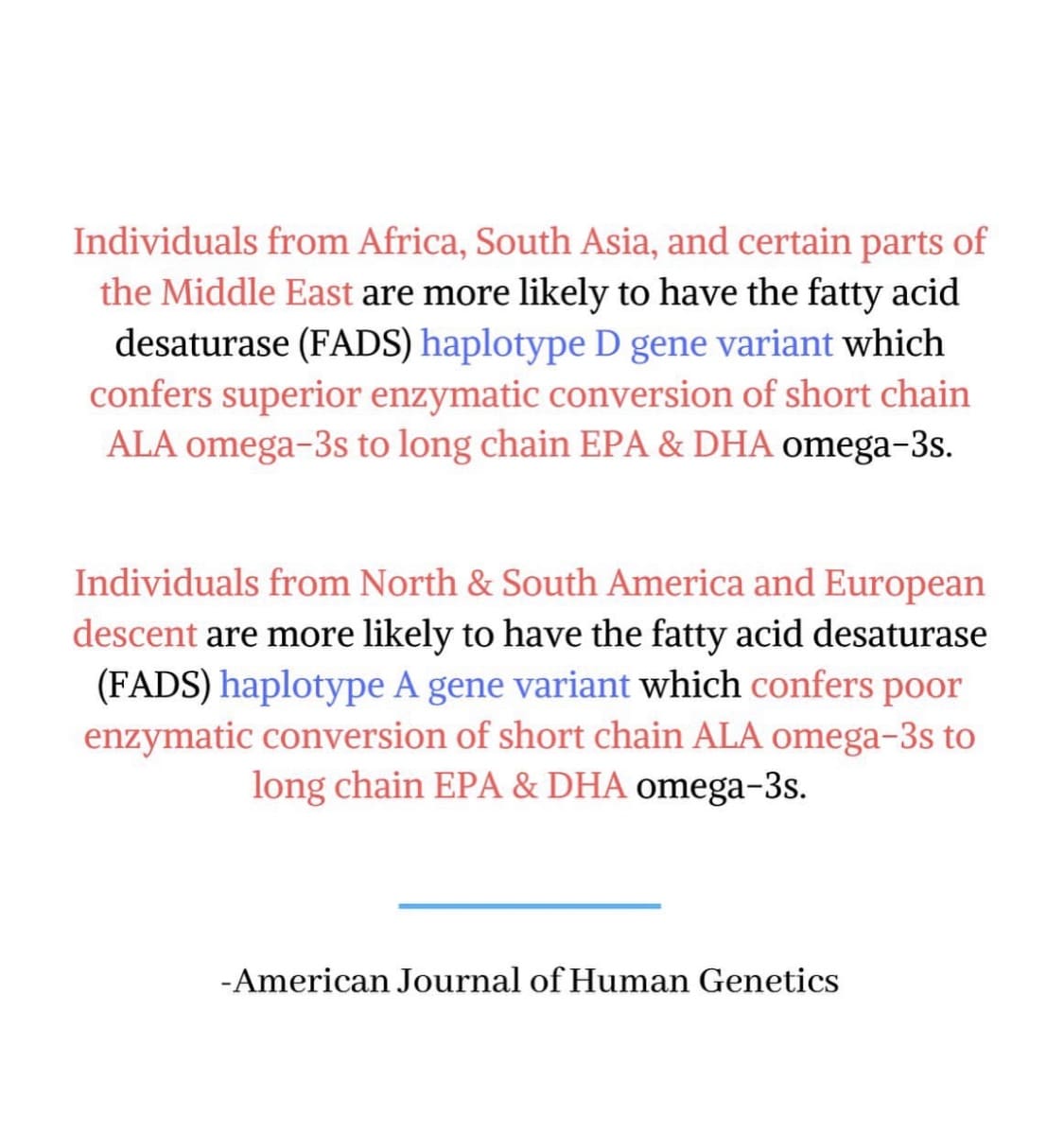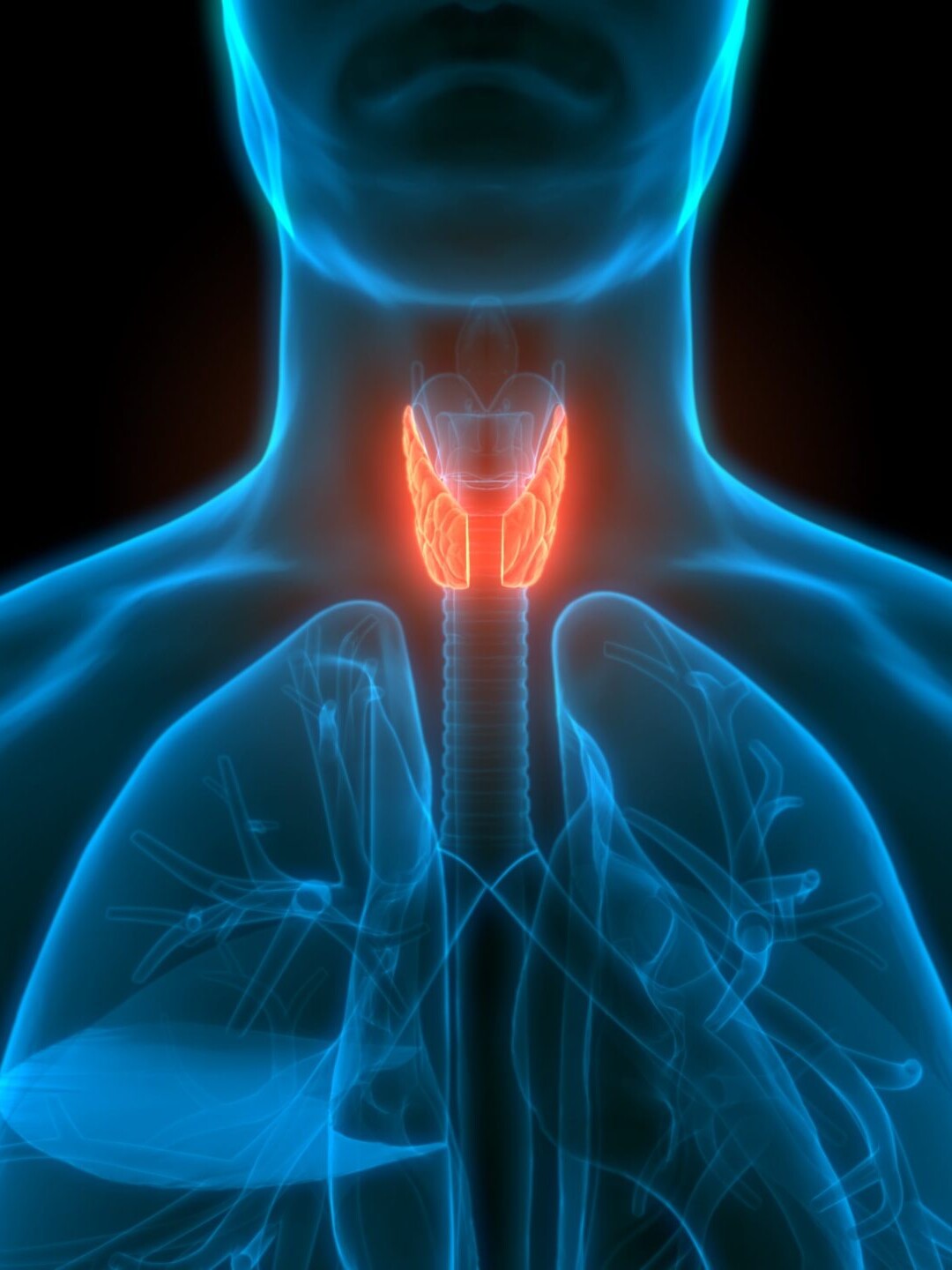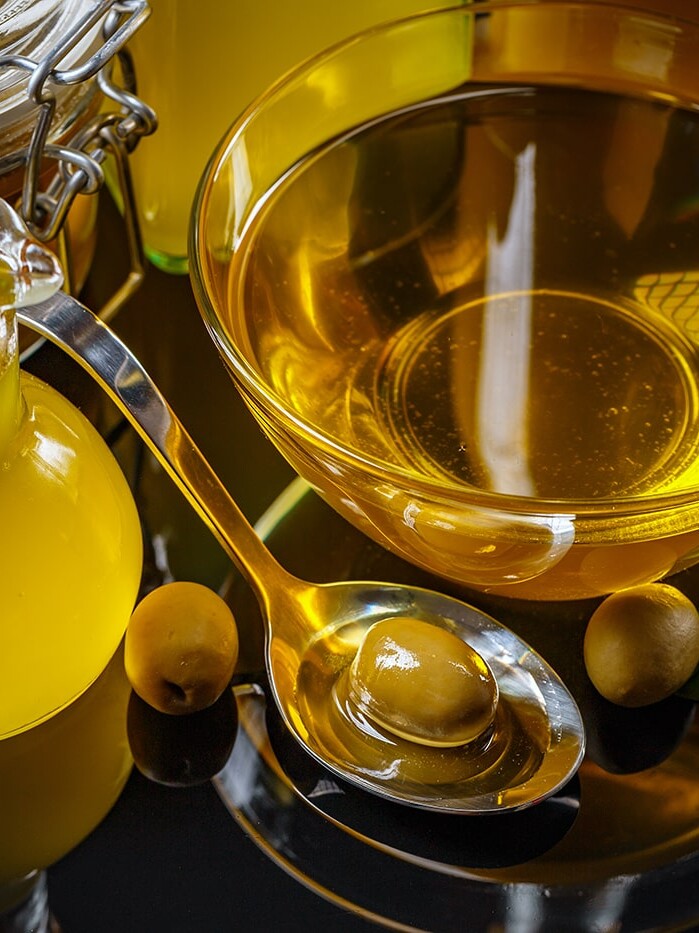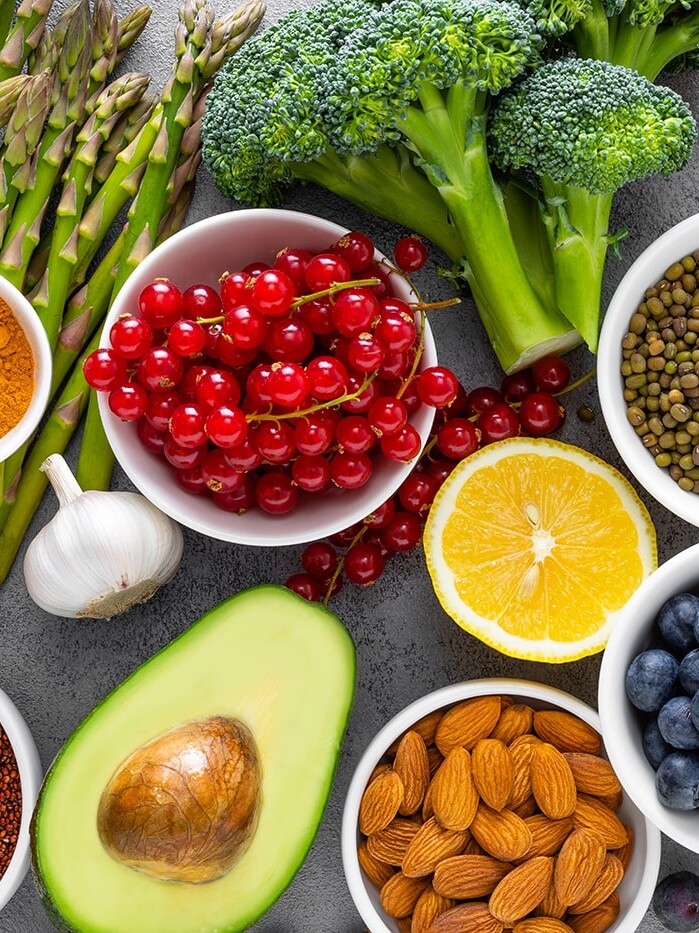Omega-3s and omega-6s are essential polyunsaturated fatty acids (PUFAS) which means we must obtain them from the diet.
Most consume high amounts of omega-6 FAs from vegetable oils found in processed foods. Omega-3 consumption on the other hand is typically low in the American Diet.
Research shows that adequate omega-3 consumption supports cardiovascular and brain health while preventing dementia.
It is important to get a balanced ratio of omega-6 to omega-3s which is estimated to be anywhere from 1:1-4:1 respectively.
However, the average ratio in most Americans is 20:1! This excess in omega-6 fats creates more inflammation and blocks absorption of anti-inflammatory omega-3s.
There are two types of omega 3s- those containing short chain and long chain fatty acid tails.
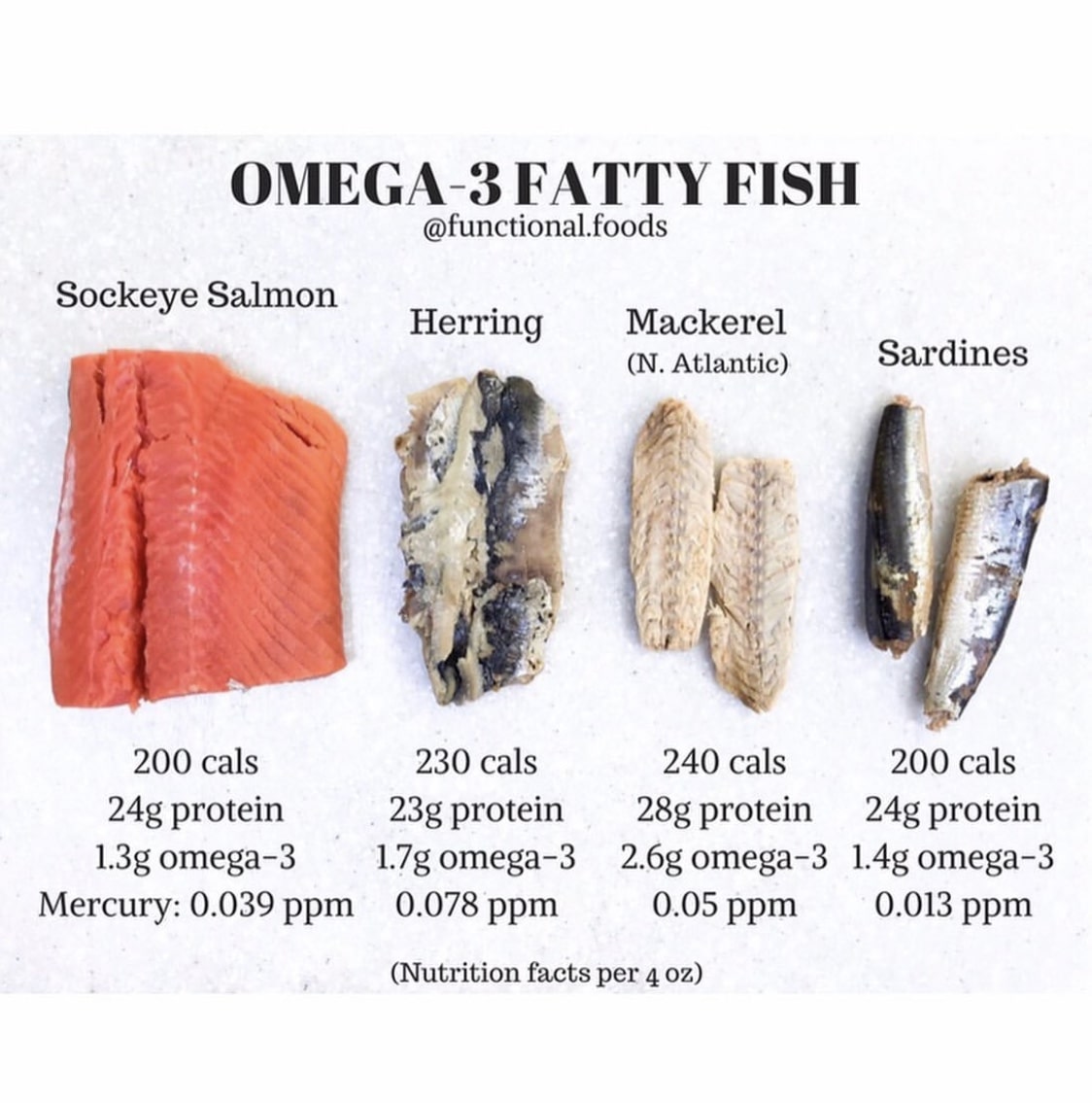
EPA and DHA are long chain omega-3s found exclusively in marine organisms such as salmon, sardines, and algae. Cold-water oily fish are more concentrated in long chain omega-3s which are acquired through consumption of algae.
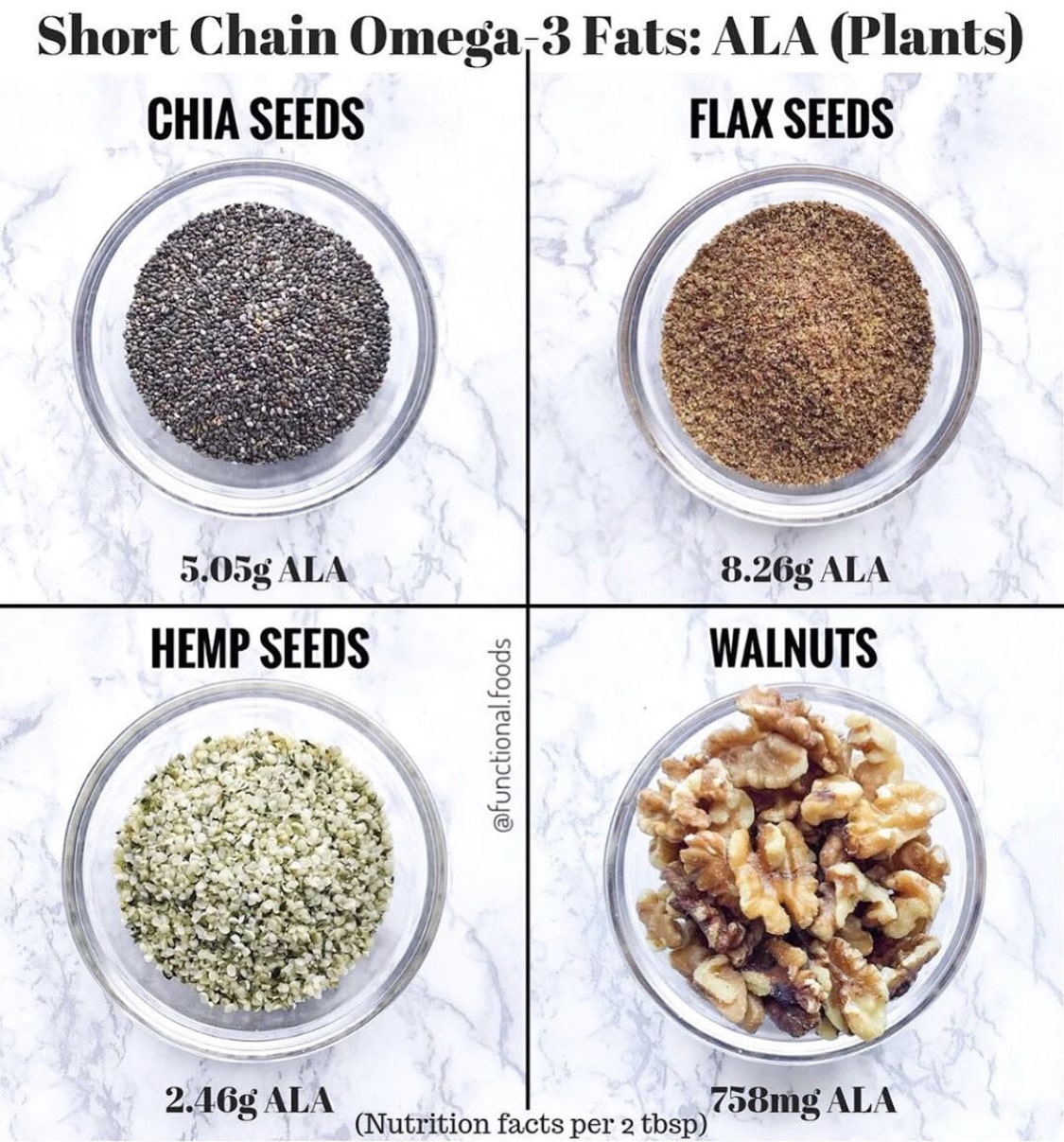
Alpha-linolenic acid (ALA) is a short-chain omega-3 found in plant sources such as chia, flax, and hemp seeds.
While it is possible for the body to synthesize EPA and DHA from ALA, enzymatic conversion is relatively limited and dependent on several factors. In European populations, <5-10% of ALA gets converted to EPA, and <2-5% is converted to DHA.
However, specific single nucleotide polymorphisms (SNPs) in the FADS enzyme influences ones ability to convert short chain omega-3s to long chain. (swipe).
It is also suggested that conversion is more efficient during pregnancy due to DHAs important role in brain health and the developing fetus.
Whether we can meet our bodies optimal needs for EPA/DHA strictly from plant sources of ALA is highly debatable.
While it is always best to get your nutrition from whole foods (swipe), additional supplementation could be beneficial.
Vegans/vegetarians might consider an algal based DHA omega supplement for this reason.
There is no denying that mercury and plastic resins are found in fish. Opt for smaller fish like sardines, which are lower on the food chain and therefore accumulate less.
Choose wild caught- EWG research found that farmed salmon contained:
➡16x the dioxin-like PCB content of wild-caught salmon
➡4x the dioxin-like PCB content of beef
➡3.4x the dioxin-like PCB content of other seafood
https://academic.oup.com/ajcn/article/78/3/640S/4690006
https://www.ncbi.nlm.nih.gov/pmc/articles/PMC4808858/
